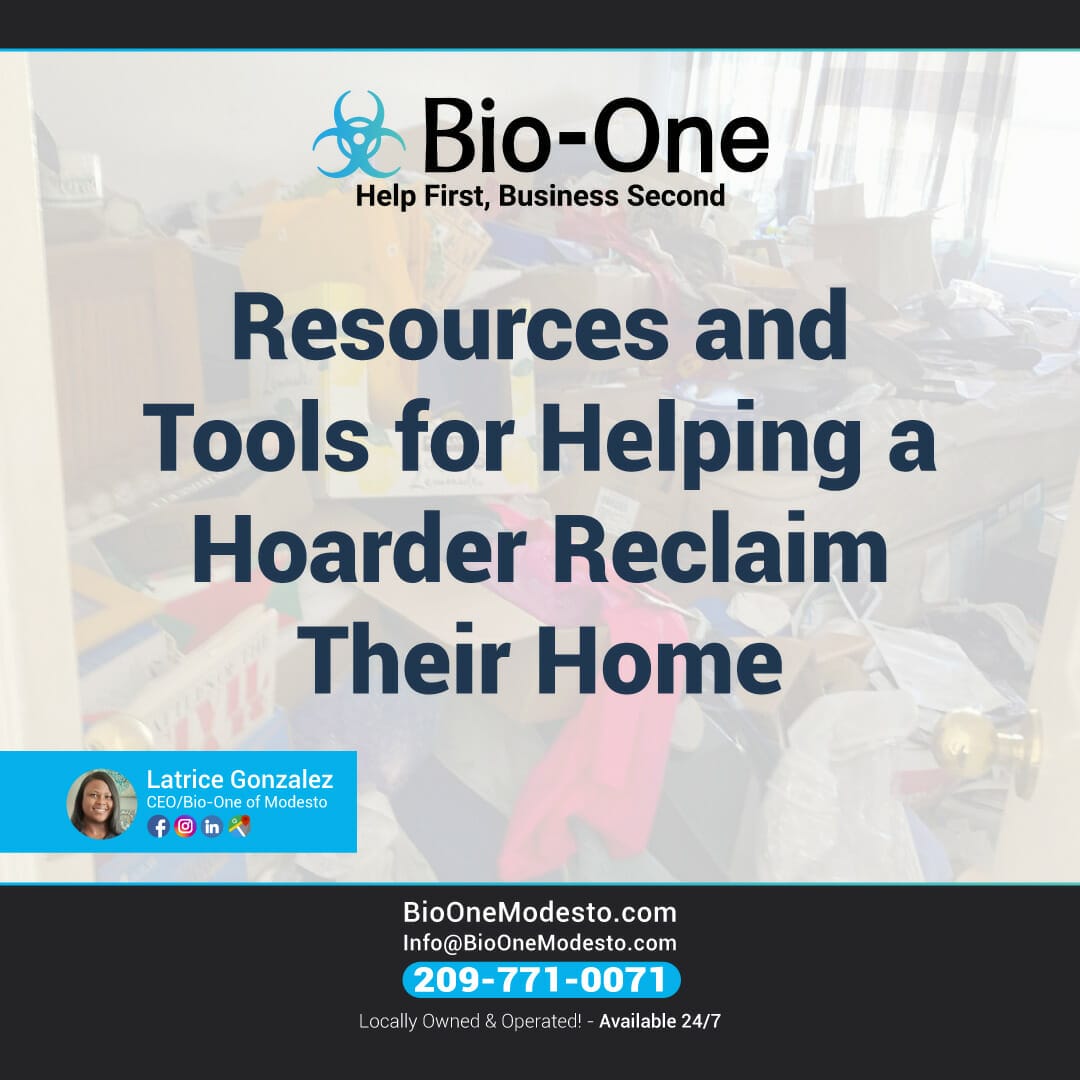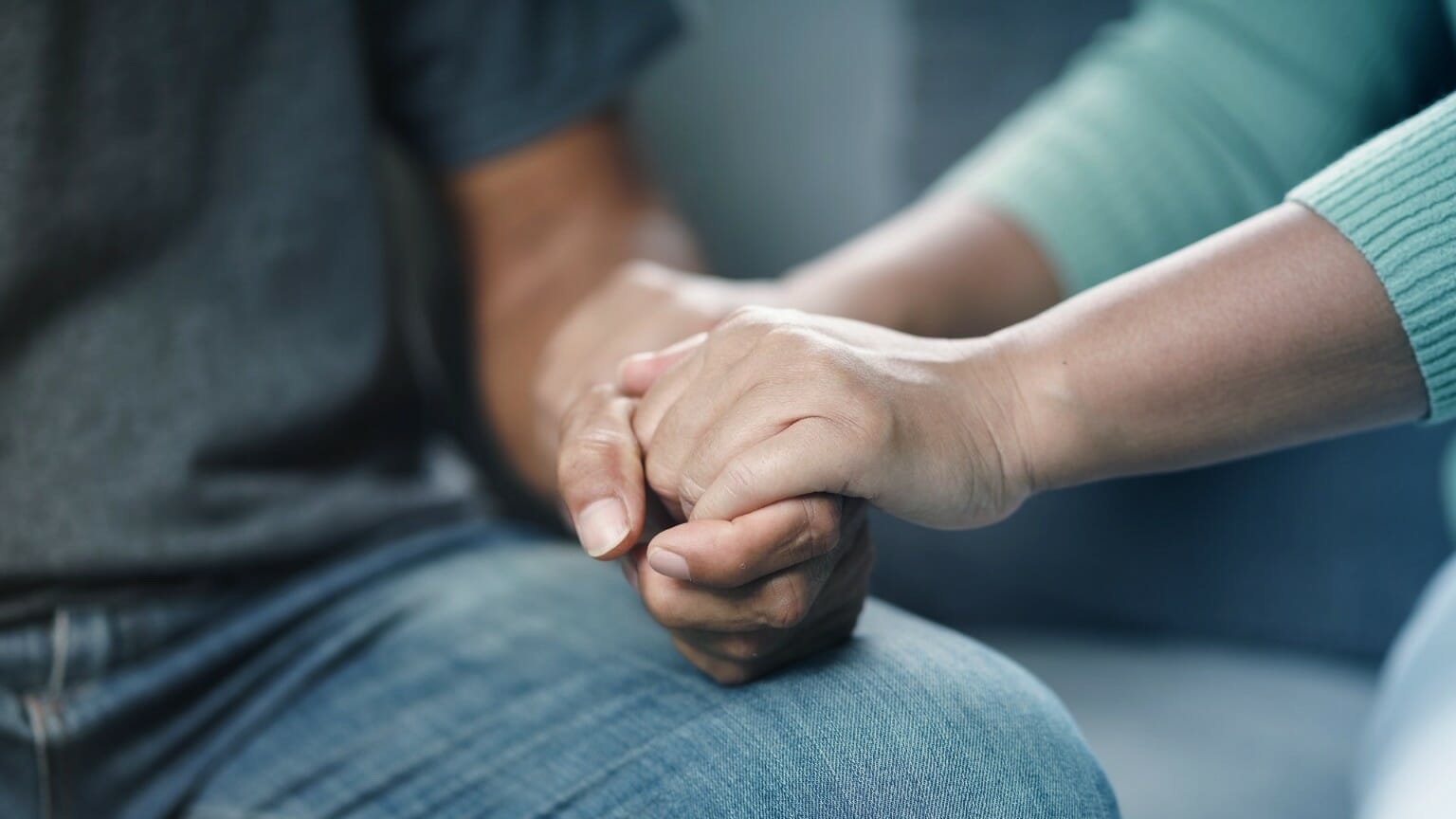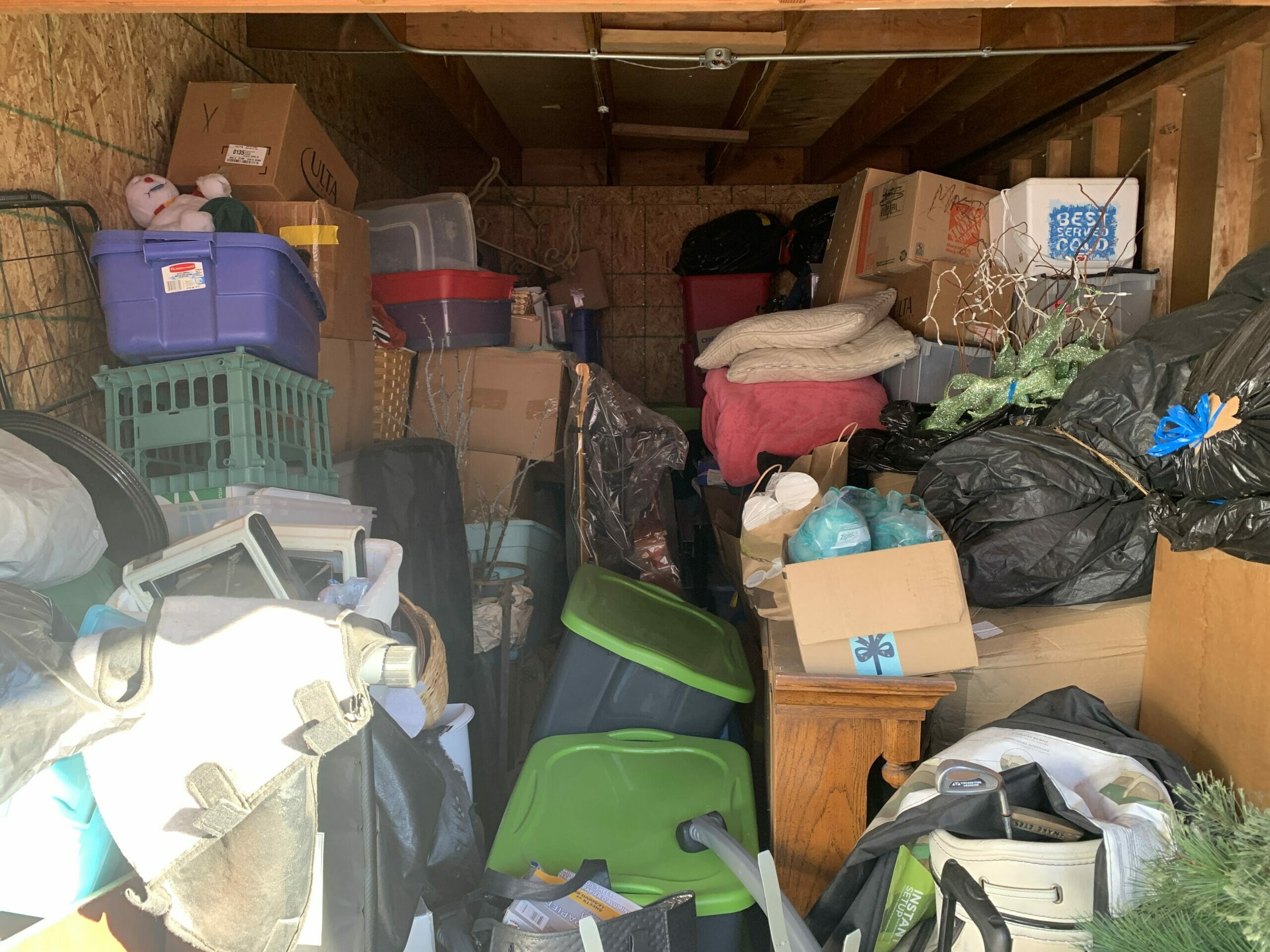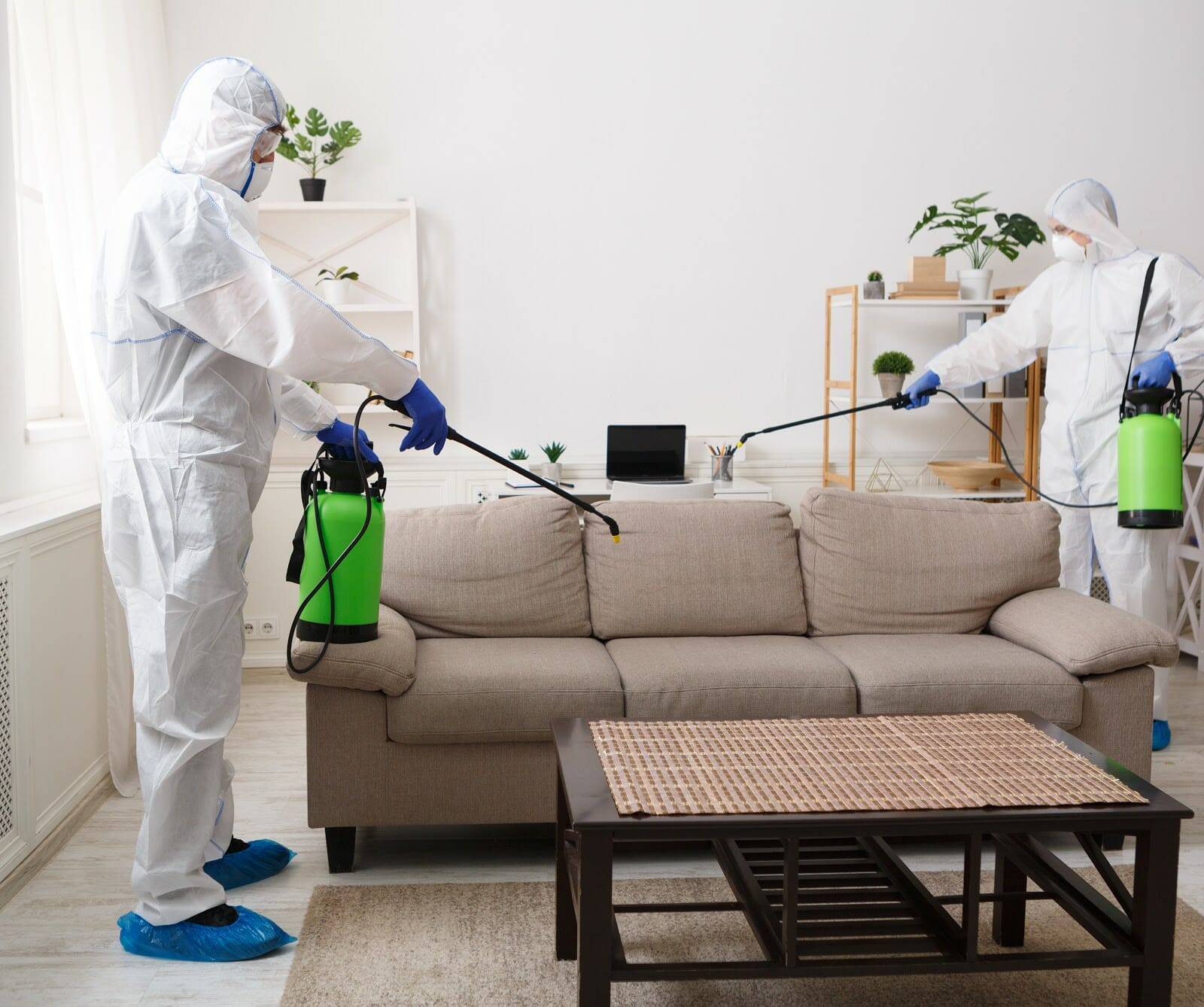
Hoarders are individuals who struggle with persistent difficulty in discarding or parting with possessions, regardless of their actual value. This can quickly lead to a cluttered and disorganized home that can be overwhelming and hazardous to live in. Hoarding disorder can affect anyone, and it’s crucial to approach the situation with empathy and understanding. In this blog post, we will be discussing resources and tools that can be used when helping a hoarder declutter their homes and reclaim their spaces.
Seek Support
The first step in assisting a hoarder is to seek support and advice from professionals. Psychologists and counselors have experience in helping individuals struggling with hoarding habits. They can assist in developing a treatment plan tailored to the specific needs of the hoarder. Additionally, hiring professional organizers or a hoarding cleanup company can help in decluttering homes.
Compassionate Conversations
It's important to approach conversations with hoarders with compassion, respect, and empathy. Conversations should be non-judgmental, and it's essential to listen to their needs and concerns. It's advisable to have a plan in place and initiate conversations in a calm and patient manner. Assure them that getting rid of possessions doesn’t mean they’re losing their memories or identity, but instead, can help them lead an organized and healthy life.

Sort Items Into Categories
One of the most challenging things about decluttering is figuring out what to keep and what to get rid of. For hoarders, it may be especially challenging. One tip to make the process more manageable is to sort items into different categories such as Keep, Donate, or Toss. This sorting process can help individuals identify items of sentimental value and things that they might wish to keep for their functionality. Try to limit the number of items for each category to help make the process more accessible.

Work with a Professional to Establish Routines
Establishing routines can be helpful in preventing hoarding behaviors from recurring. Develop a plan or schedule to keep the home clean and organized. This routine could involve regular tidying up or enforcing a one-in, one-out rule where for every new item that comes in, one old item needs to be discarded. Routines don't just help in maintaining an organized living space; they can also motivate and encourage individuals who may feel overwhelmed by the decluttering process.
The process of establishing a routine and a plan to maintain an organized living space can be difficult and time-consuming. That's why it's a good idea to work with professionals such as counselors or organizational specialists who can offer guidance and support.

The Importance of Addressing Mental Health Issues
The root cause of hoarding habits may be deeper than the hoarding itself; therefore, in situations where hoarding persists despite several attempts to declutter, it may be best to address underlying mental health issues. Cognitive Behavioral Therapy (CBT) and other therapeutic treatments have been proven to be helpful for individuals with hoarding habits. When mental health is addressed and managed, there’s a greater chance of achieving lasting change!
How Bio-One of Modesto Assists in Helping a Hoarder
Helping a hoarder requires patience, compassion, and dedication. Seeking support, compassionate conversations, sorting items, establishing routines, and addressing mental health issues are some ways of getting started.
Bio-One of Modesto is here to help! We are a professional biohazard and hoarding cleanup service designed to assist in restoring homes affected by hoarders. We hope the tips and resources discussed here will encourage and inspire you as you assist a loved one or even yourself in bringing a better and cleaner living space.


